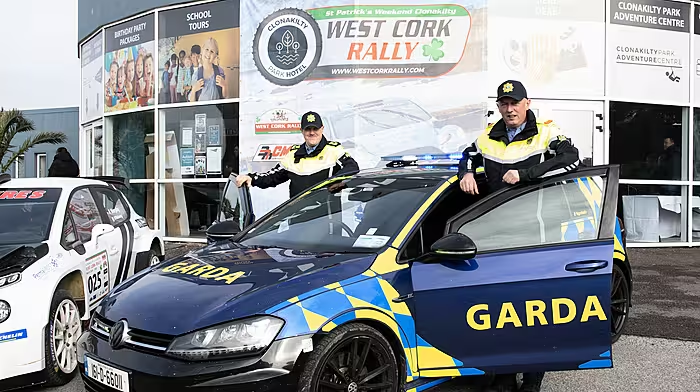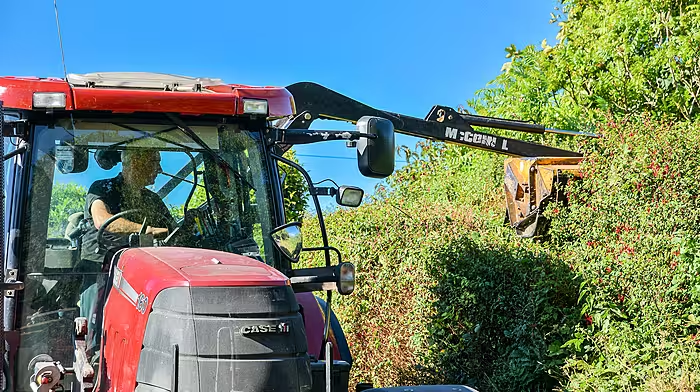WHAT survivors were primarily seeking from the report of the Commission of Investigation into Mother and Baby Homes was some form of closure, but – in spite of the well-intentioned State and Church apologies that followed – many of them did not find it because they felt the conclusions drawn from their evidence let the perpetrators of their life struggles off the hook to some extent. Chief among these was the conclusion that there was no evidence of forced adoptions in the 14 large homes investigated by the Commission – one that independent TD for Galway West, Catherine Connolly, described as ‘beyond culpability’ and ‘totally out of line with the evidence given by the women and the men.’
Ms Connolly – who says she is ‘intimately connected on a family level with this story’ – said that it was not so much stories that are told in the report that upset her, but ‘the narrative that is being put on those stories by the powers that be.’ Her words were echoed in an interview on last weekend’s Late Late Show by actress Noelle Brown, who was born in Cork’s Bessborough mother and baby home and who stated that ‘the evidence was there and they (the Commission) never drew the conclusions from the evidence and ten-times more horrific things are contained in our testimonies.’
She had earlier tweeted her dissatisfaction with the report, stating that the denial of incarceration in those institutions beggars belief. ‘My birth mother not being allowed to leave Bessborough to buy me clothes is incarceration.’ She was also angry about the issue of forced vaccine trials in some of these homes.
Ms Brown said she was told that the compilation of the report would be survivor-centred, but the opposite has happened: ‘Our testimonies have changed and they were altered. It was our stories and we’ve already had our identities and stories taken from us.’
A lot of the survivors of mother and baby homes were also very unhappy with the webinar for survivors with the Taoiseach Micheál Martin and the Minister for Children, Equality, Disability, Integration and Youth Roderic O’Gorman, which took place just before the report was officially released, as the 500 who attended had not been given the hard copy of the 2.865-page report that they had been promised as a matter of courtesy. And, to add insult to injury, sections of the report had been leaked to the media the weekend beforehand.
Coinciding with the publication of the report – which officially reveals and acknowledges what barbaric institutions most of them were – the Taoiseach apologised for the ‘profound generational wrong visited on Irish mothers and their children who ended up in a mother and baby home or county home.’ Church and State colluded to hide and ostracise unfortunate single women who had become pregnant – some having been raped – so as not to scandalise Irish society during the first half-century of this State.
The moral codes of the churches – both Catholic and Protestant – were ruthlessly imposed on these young women, seemingly bereft of compassion. They were sinners in their eyes and whatever punishment they endured was coming to them; there were no such sanctions for the men who impregnated them and never had to accept any responsibilities for their actions.
Societal mores of the times these mother and baby, and county homes, existed saw that the families of women who became pregnant outside of wedlock also colluding with the authorities who ran them so that they could avoid the perceived stigma of having an unmarried mother and an illegitimate child in their midst. What terrible cruelty it was to inflict on their own flesh and blood.
Micheál Martin acknowledged, in making the apology on behalf of the State, that ‘this detailed and highly-painful report is a moment for us as a society to recognise a profound failure of empathy, understanding and basic humanity over a very lengthy period.’ Nine thousand children died in the homes investigated over a 70-year period – a scandalously-high infant mortality rate of one in seven.
His apology was followed by similar expressions of regret from the churches and religious orders, including the Bon Secours Sisters who ran the notorious Tuam mother and baby home, all acknowledging their role in this shameful period of our history. However, all these apologies will ring very hollow if they are not quickly followed by action to help survivors and prompt restitution.
The age profile of survivors of mother and baby homes – who the Taoiseach acknowledged ‘did nothing wrong and deserve so much better’ – is advancing so the last thing they need is any further delay in being compensated for their trauma. They have endured more than enough already throughout their lives.








